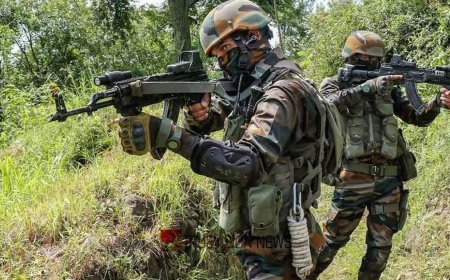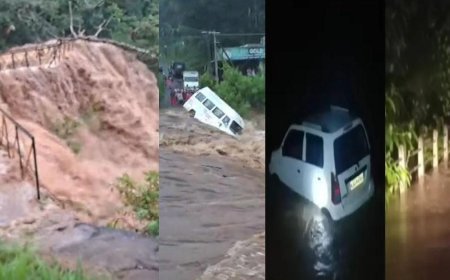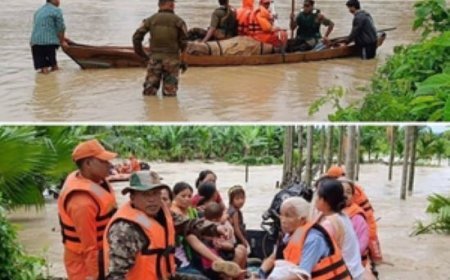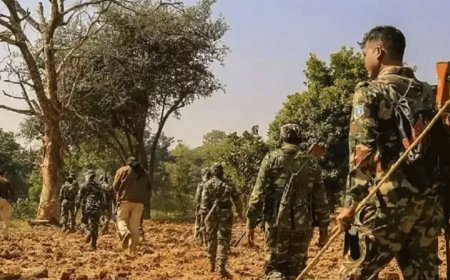Snowfall reduced, infiltration attempts from Pakistan; Army prepares to face harsh summer in Jammu and Kashmir
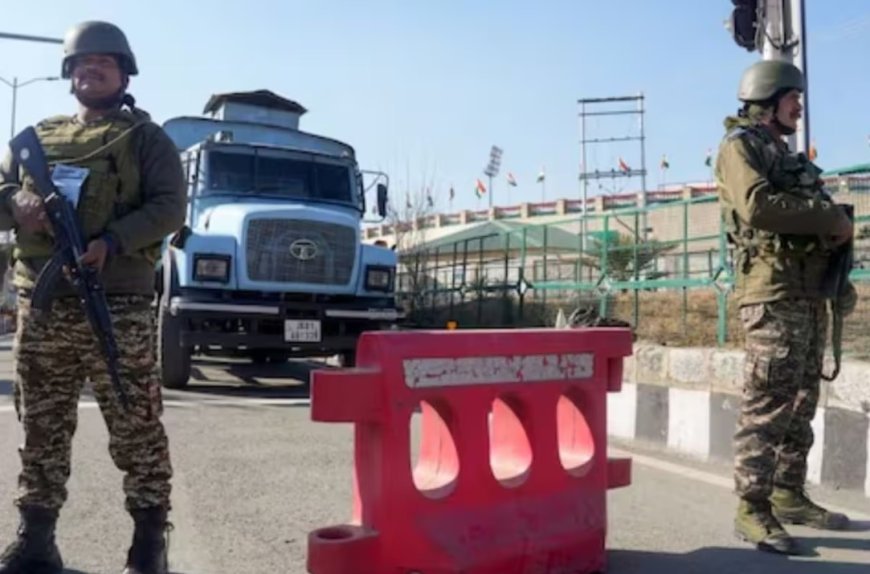
The security situation in Jammu and Kashmir has become more challenging as the snowfall stopped earlier than usual. The lack of snowfall and the early arrival of summer are expected to increase infiltration attempts from Pakistan.
This year, the snowfall was less than in previous years. Therefore, this summer is expected to be hotter than usual in Jammu and Kashmir. Environmentalists are deeply concerned about the impact of climate change. This is also a concern for the security forces in Kashmir.
The harsh winter and snowfall have reduced infiltration from Pakistan in the past. This has given the security forces a better opportunity to catch them and bring them to justice. But due to less snowfall this year, militants are continuing to seek shelter in caves in Rajouri, Poonch and Doda's Doks (temporary Gujjar shelters).
Intelligence agencies have estimated that at least 70 foreign terrorists are active in Jammu and Kashmir. Meanwhile, a senior official said the number of local militants is the lowest so far.
Pakistan's ceasefire violation in Poonch is seen as clear evidence that the Pakistani army is helping Lashkar-e-Taiba and Jaish-e-Mohammed terrorists cross the Line of Control. India has retaliated strongly against this. "There may have been six to seven casualties on the Pakistani side. But it shows that they are supporting infiltration efforts,” said an official in Jammu and Kashmir. Pakistan is believed to have suffered heavy casualties in the Indian counter-attack in the Krishna Ghati sector on February 13.
Pakistan is using drones to facilitate infiltration. Recent reports by the Border Security Force (BSF) have indicated that Lahore is the new hub for smuggling drugs, ammunition and weapons using drones. Indian intelligence agencies claim to have video evidence of Lashkar-e-Taiba training camps testing quadcopters that can carry people.
They said that this training has been going on for the past two years. These Chinese-made drones can carry a payload of 60 to 80 kg and have a range of 30 to 60 km. A person of average weight can carry goods from Pakistan to the border areas of Punjab or Jammu and Kashmir.
Indian intelligence agencies, Jammu and Kashmir Police and BSF are working together to eliminate the threat of man-carrying drones. They also said that they are keeping a close watch on the underground workers.
In view of the new threat from Pakistan, the BSF has formed an anti-rogue drone technology committee. This includes 24-hour surveillance through patrols, check posts and observation posts, border fencing with floodlights to enhance visibility at night, strengthening the intelligence network and coordination with other security agencies.
“The BSF is conducting detailed surveillance along the border with the deployment of more surveillance vehicles and specialized equipment. They have installed integrated surveillance technology comprising cameras, sensors and alarms with command-and-control system along the international border,” the Union Home Ministry said.
What's Your Reaction?























